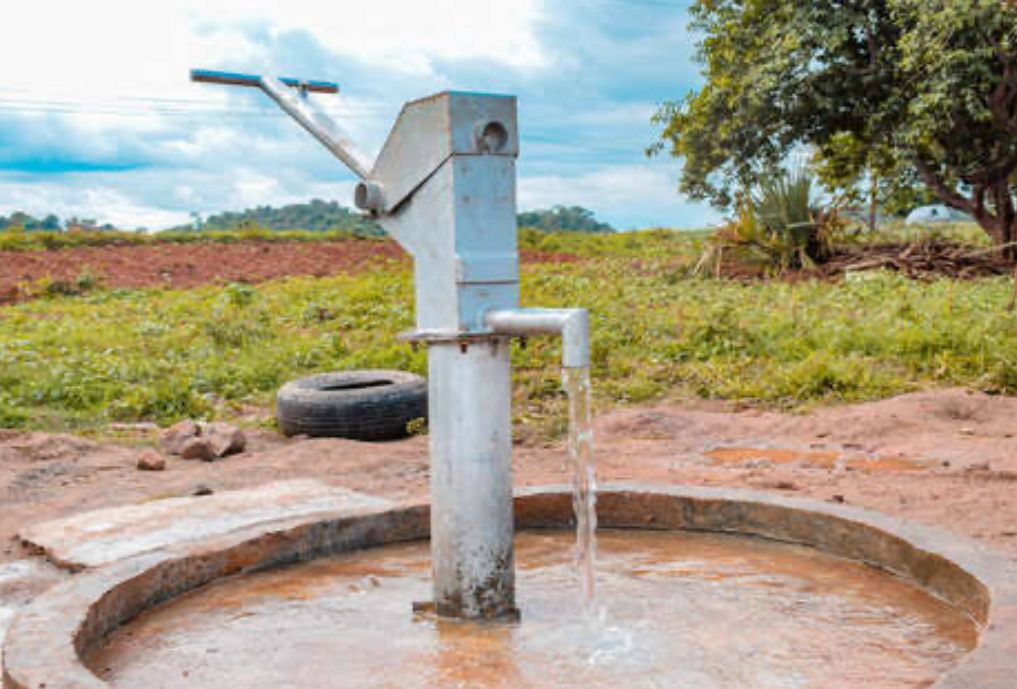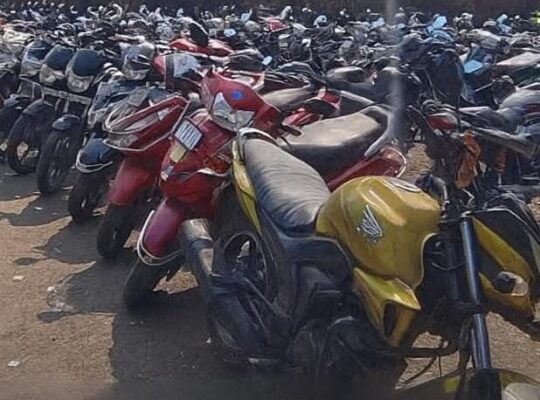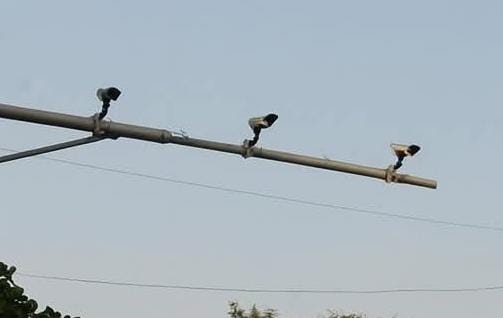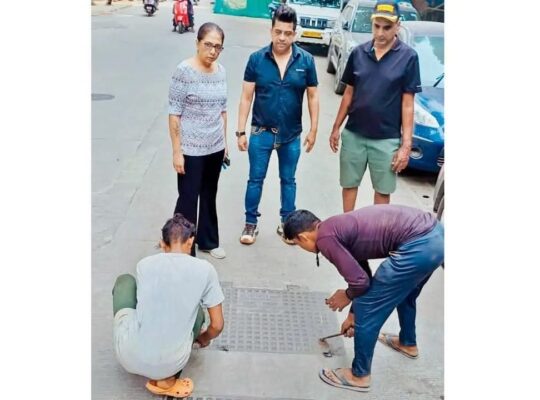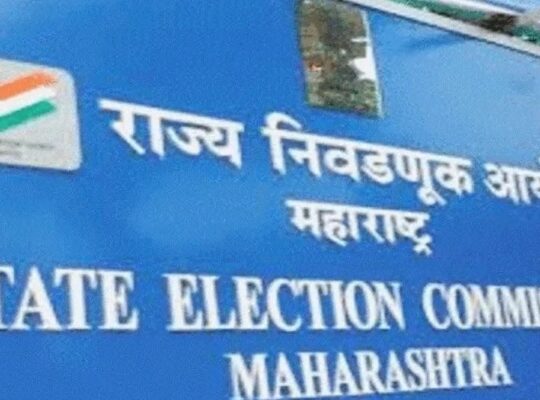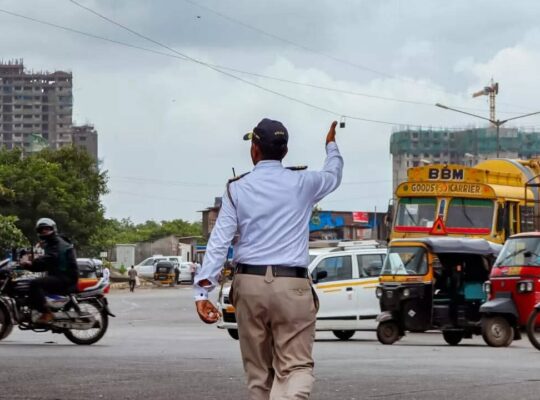For the first time since the National Green Tribunal (NGT) mandated No Objection Certificates (NOCs) from the Central Groundwater Authority (CGWA) in 2017, a total of 620 wells—out of nearly 18,000 across Mumbai—have now been formally recorded and brought under official monitoring. Most of these are borewells.
The breakthrough comes in response to a Right to Information (RTI) query filed by groundwater activist Suresh Kumar Dhoka, who has long been raising alarms about the unchecked and illegal commercial exploitation of groundwater in the city. Dhoka revealed that 619 wells have recently received CGWA NOCs and will now be monitored by revenue and local authorities for compliance and sustainable usage.
“This is a crucial first step,” said Dhoka. “It allows the administration to implement better groundwater management, especially during the summer months, and clamp down on illegal extraction.”
Despite the NGT’s 2017 directive making NOCs compulsory, the Brihanmumbai Municipal Corporation (BMC) continued to grant permissions to over 5,156 wells without ensuring the owners had obtained CGWA approvals. Until 2021, only 12 wells operated by industrial units in Mumbai had obtained an NOC.
According to current estimates, Mumbai has more than 18,000 wells—including borewells, tube wells, and ring wells—that see heavy extraction of groundwater, particularly in the dry season.
Under the law, drawing groundwater for commercial use without an NOC is a criminal offence under the Environment Protection Act, and violators may also face prosecution under Sections 379 (theft), 426 (mischief), and 430 (mischievous diversion of water) of the Indian Penal Code. Additionally, authorities can impose environmental compensation fines and even pursue six months to one year of imprisonment, as per the Groundwater (Sustainable Management) Act.
Tankers that source water from wells without a valid NOC are also liable. Such tankers may be sealed, and their operators can face criminal action for causing environmental harm.
According to Dhoka, approximately 3,000 water tankers extract well water from across Mumbai every day, each making three to five trips. Over the past two decades, the estimated value of this unregulated groundwater business has crossed Rs 3–4 lakh crore, with some of the supply even directed toward large-scale infrastructure projects by government agencies.
“This illegal trade has flourished because of regulatory gaps. But now, with NOCs becoming mandatory, we can hold violators accountable and ensure Mumbai’s groundwater is used sustainably,” Dhoka added.

